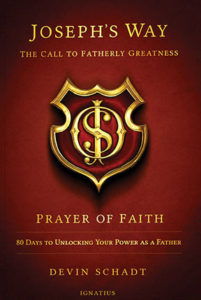Episode 31- The Holy Rule of St. Benedict: A Spiritual Path for Today’s World with Fr. Mauritius Wilde O.S.B., 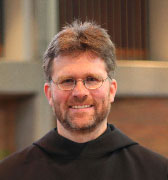 PhD.
PhD.
“The Life of St. Benedict pt 4”
We continue our conversation on the life of St. Benedict by using the biography penned by St. Gregory the Great. This episode St. Benedict is visited a priest on Easter Sunday morning in the cave and is called from his seclusion.
Podcast: Play in new window | Download (Duration: 30:44 — 21.1MB) | Embed
Subscribe: Apple Podcasts | Spotify | Amazon Music | Android | Pandora | iHeartRadio | JioSaavn | Podchaser | Gaana | Podcast Index | Email | TuneIn | Deezer | Anghami | RSS | More
From the Life of Our Most Holy Father St. Benedict by St. Gregory the Great:
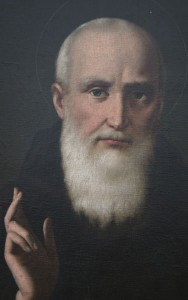
CHAPTER I.
Now when it pleased Almighty God that Romanus should rest from his labours, and that the life of Benedict should be manifest to the world for an example to all men, that the candle set upon a candlestick might shine and give light to the whole Church of God, our Lord vouchsafed to appear to a certain Priest living far off, who had make ready his dinner for Easter Day, saying to him: “Thou hast prepared good cheer for thyself, and My servant in such a place is famished for hunger.” Who presently rose up, and on the solemn day of Easter went towards the place with such meat as he had provided for himself, where seeking the man of God, amongst craggy rocks, winding valleys and hollow pits he found him hid in a cave. Then after prayers, and blessing the Almighty Lord, they sat down, and after some spiritual discourse the Priest said: “Rise, and let us take our refection, for this is Easter Day.” To whom the man of God answered: “I know it is Easter, because I have found so much favour as to see thee.” (For not having a long time conversed with men, he did not know it was Easter Day.) The good Priest did therefore again affirm it, saying: “Truly this is the day of our Lord’s Resurrection, and therefore it is not fit that you should keep abstinence, and for this cause I am sent that we may eat together that which Almighty God hath bestowed on us.” Whereupon blessing God, they fell to their meat. Their discourse and dinner ended, the Priest returned to his Church.
 For more information about the ministry of the the Missionary Benedictines of Christ the King Priory in Schuyler, Nebraska visit here:
For more information about the ministry of the the Missionary Benedictines of Christ the King Priory in Schuyler, Nebraska visit here:


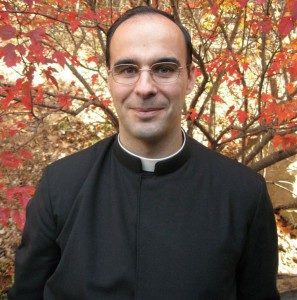
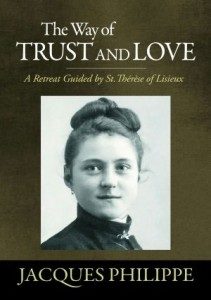
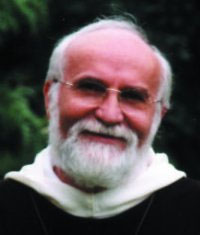
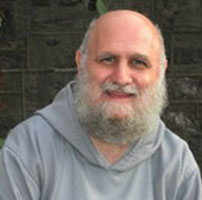
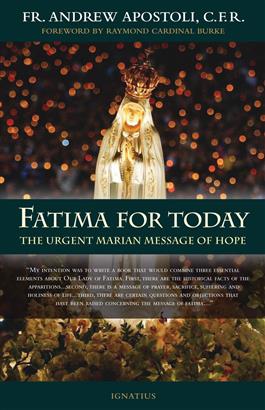

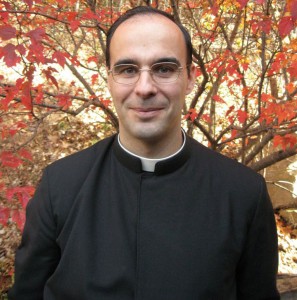
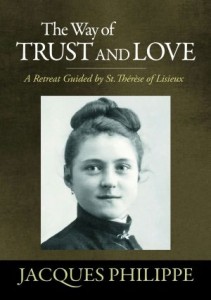
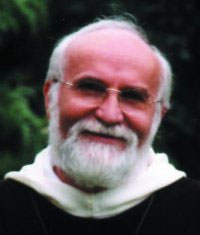

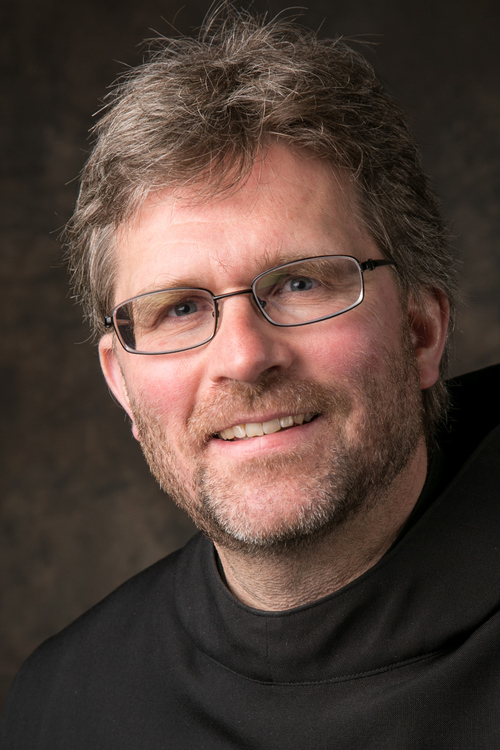
 From the
From the  Msgr. Esseff discusses his retreat with The Daughters of Mary, Mother of Healing Love community which meets the needs of the children brought to the St. Charles Children’s Home located in New Hampshire. He speaks of their work and the need to step out in courage to share the Divine Love which is needed to heal the deepest wounds of the heart. He talks about Mother Paul Marie, foundress of this new community, as well as Servant of God Fr. Flannagan, and St. Mother Teresa. Msgr. Esseff talks about the importance of the both the male and female healthy role models in the lives children.
Msgr. Esseff discusses his retreat with The Daughters of Mary, Mother of Healing Love community which meets the needs of the children brought to the St. Charles Children’s Home located in New Hampshire. He speaks of their work and the need to step out in courage to share the Divine Love which is needed to heal the deepest wounds of the heart. He talks about Mother Paul Marie, foundress of this new community, as well as Servant of God Fr. Flannagan, and St. Mother Teresa. Msgr. Esseff talks about the importance of the both the male and female healthy role models in the lives children. The mission of The Daughters of Mary, Mother of Healing Love:
The mission of The Daughters of Mary, Mother of Healing Love: Devin Schadt offers a tremendous work proclaiming St. Joseph as a model for the authentic expression of manhood and fatherhood. In ” Joseph’s Way: The Call to Fatherly Greatness: Part I: Prayer of Faith”, he shares his compelling personal witness to the great saint’s role in his life. He also uses Scripture, the Catechism of the Catholic Church, and many other outstanding resources, to fashion a study that helps to deepen the faith of those who walk with good St. Joseph through the perils men, as well as their families, face in our world today.
Devin Schadt offers a tremendous work proclaiming St. Joseph as a model for the authentic expression of manhood and fatherhood. In ” Joseph’s Way: The Call to Fatherly Greatness: Part I: Prayer of Faith”, he shares his compelling personal witness to the great saint’s role in his life. He also uses Scripture, the Catechism of the Catholic Church, and many other outstanding resources, to fashion a study that helps to deepen the faith of those who walk with good St. Joseph through the perils men, as well as their families, face in our world today.